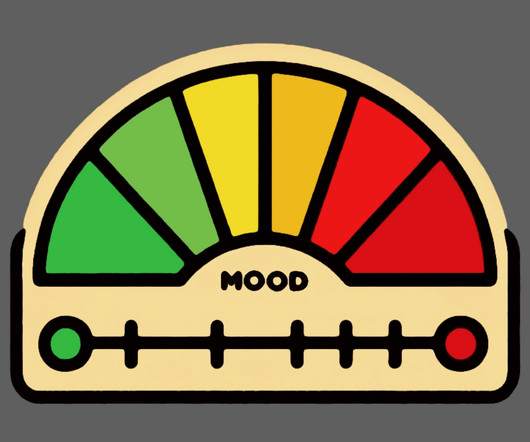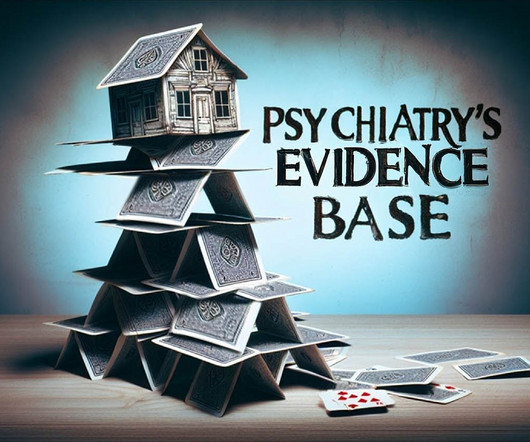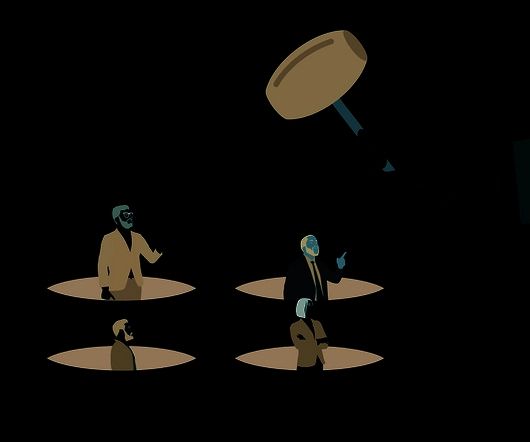Mood Tracking: My System for Reducing Psychiatric Hospitalizations
Mad in America
JULY 19, 2024
I was first diagnosed with bipolar disorder in 1998. Shortly after the article was published, and the break-up occurred, I was hospitalized and diagnosed as bipolar. From 2001 to 2008, I was hospitalized for mania at a rate of almost once per year (7 times in 8 years)—including one month-long hospitalization.
















Let's personalize your content